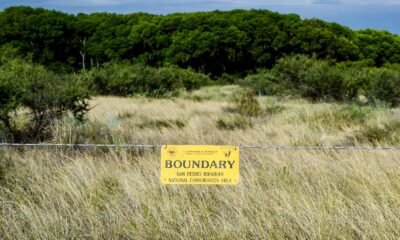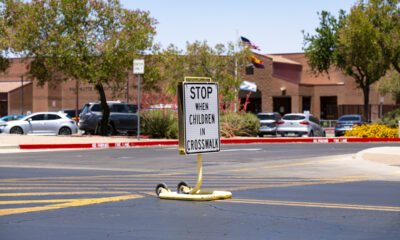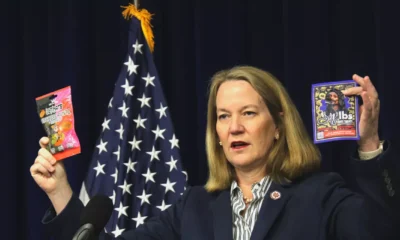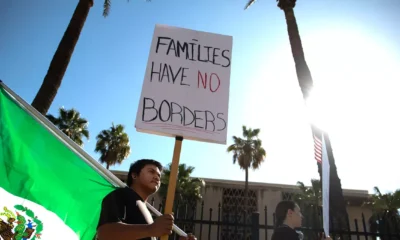Business
Civil Rights Crisis Looms in Arizona’s Pediatric Healthcare Void

Arizona’s pediatric healthcare system is grappling with significant disparities, particularly affecting racial and ethnic minority children. The Arizona Advisory Committee to the U.S. Commission on Civil Rights has identified three critical issues: a high rate of uninsured children, a shortage of healthcare providers in rural areas, and inadequate data collection.
Currently, Arizona ranks near the bottom nationally for uninsured children. In 2022, over 142,000 children in the state—approximately 8.4%—lacked health insurance, far exceeding the national average of 5.1%. Among racial and ethnic minorities, the figures are alarming: 13.6% of Native American children, 12.2% of Black children, and 10.3% of Latino children are uninsured, compared to 5.9% of white children.
This situation stems from historical neglect and insufficient investment in healthcare systems serving marginalized communities, especially in tribal areas. The Indian Health Service, responsible for Native American healthcare, has faced chronic underfunding, limiting its ability to meet community needs.
However, there is hope. A landmark Supreme Court decision in 2024, Becerra v. San Carlos Apache Tribe, reaffirmed the federal obligation to adequately fund contract support costs for tribes managing their own health programs. This ruling has been hailed as a critical step toward equitable healthcare, potentially enabling tribal communities to implement culturally relevant health services for Native children.
Access to care involves not just insurance coverage but also the availability of healthcare providers. Arizona’s rural regions, particularly tribal areas, struggle with a lack of specialists and pediatricians. For instance, Apache County, home to significant tribal lands, features only one hospital and no ICU beds. Consequently, many children face substantial barriers to establishing regular care, often needing to travel long distances.
The committee’s report recommends several actionable steps to tackle these issues. Firstly, the Arizona Legislature should ensure that all parents receive written notifications of their child’s Medicaid eligibility at birth, along with annual reminders until age 26. Increasing outreach efforts, particularly in underserved communities, would significantly enhance awareness of available coverage.
Secondly, lawmakers must focus on expanding the healthcare workforce in rural and tribal areas by lifting caps on Medicare-funded residency positions, expanding loan forgiveness initiatives, and boosting funding for community-based medical training.
Finally, a commitment to improving data collection systems that respect and include tribal communities is crucial. Understanding health disparities requires accurate and culturally competent information, enabling better resource allocation and effective policy responses.
Tackling these disparities in healthcare access is vital not only for the health of Arizona’s children but also for upholding their civil rights and dignity.
— Leslie Ross, Chairperson, Arizona Advisory Committee to the U.S. Commission on Civil Rights


















